According to the charity Mencap, there are 1.5 million people with a
learning disability
 A learning disability is to do with the way someone's brain works. It makes it harder for someone to learn, understand or do things.
in the UK.
A learning disability is to do with the way someone's brain works. It makes it harder for someone to learn, understand or do things.
in the UK.
This year we want to show the world the incredible things that people with a learning disability can achieve with the right support, smash misconceptions and shine a light on the stigma many people still face every day.
Seeing people with a learning disability featured in the media helps increase acceptance and reduce stigma.
Get in touch to find out about some of our inspirational
Myth
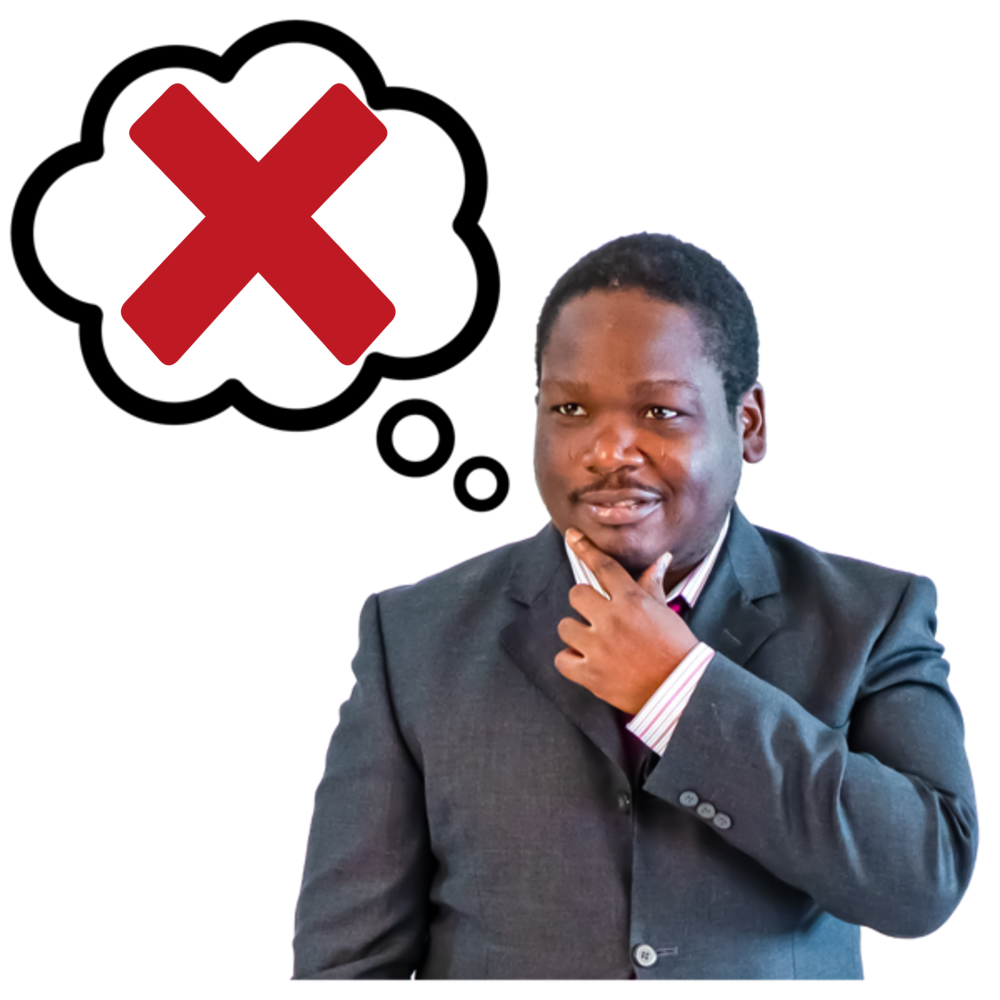 A myth is an idea about something that is not true.
Busters with incredible stories that you can feature during Learning Disability Week!
A myth is an idea about something that is not true.
Busters with incredible stories that you can feature during Learning Disability Week!
What is a learning disability?
A learning disability is a reduced intellectual ability and people may have difficulty with everyday activities – for example household tasks, socialising or managing money – which affects someone for their whole life.
People with a learning disability tend to take longer to learn and may need support to develop new skills, understand complicated information and interact with other people. However, it’s important to remember the level of support someone needs depends on the individual.
For more information click here
Who are some famous people with a learning disability?
George Webster
“I’m a bubbly CBeebies TV presenter, actor and dancer who wants to show the world that people with a learning disability can dream big and be employed.”
George, 22, is an actor an TV presenter. George has
Down Syndrome
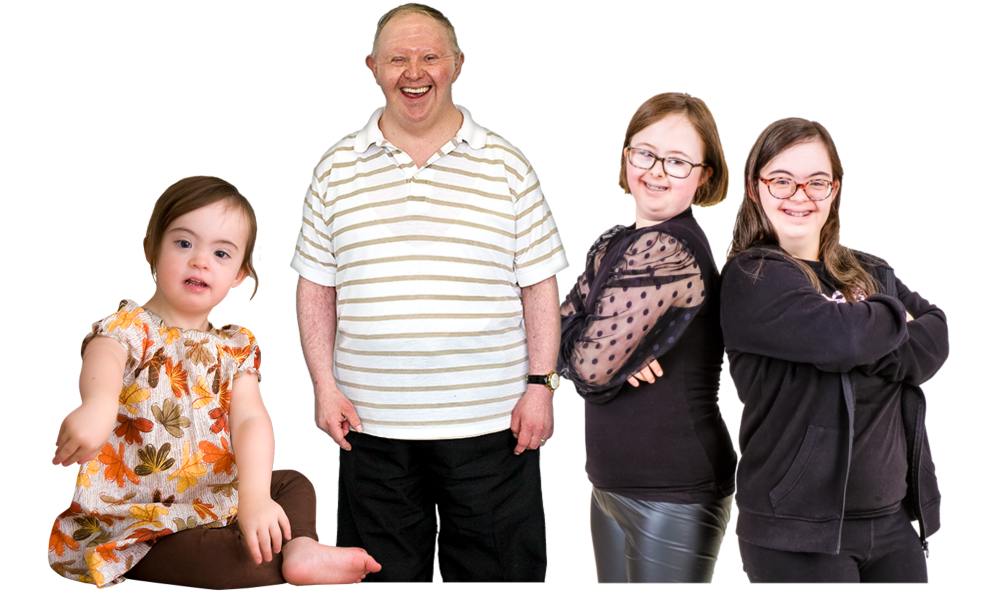 Down syndrome, also known as Down's syndrome, is a type of disability. People with Down syndrome may find it hard to learn new things and may need support. They may have more problems with their health too.
. He is also a BAFTA winner, CBeebies presenter, published author and all-around star.
Down syndrome, also known as Down's syndrome, is a type of disability. People with Down syndrome may find it hard to learn new things and may need support. They may have more problems with their health too.
. He is also a BAFTA winner, CBeebies presenter, published author and all-around star.
George is passionate about increasing representation for people with learning disabilities in the media. He also loves horror films, Marvel movies, and Strictly Come Dancing- he even performed in the Christmas special.
Picture credit: Mencap
Ellie Goldstein
“My goal was always to be on the cover of Vogue!”

Ellie, 21, is a model based in London. She was recently the first ever model with Down Syndrome to be featured on the front cover of British Vogue. She was also instrumental in the UK launch of the first Barbie with Down’s Syndrome.
Aside from making fashion history, Ellie also loves yellow eyeshadow (the hair and makeup are her favourite parts of being a model), going to Nando‘s, and dancing.
Picture credit: Instagram/Ellie Goldstein
Tommy Jessop
“Acting is my greatest passion in life.”
 Tommy, 37, is a professional actor, dancer, author and campaigner. He also has Down Syndrome. He’s appeared in Line of Duty and starred in BBC One's BAFTA nominated Coming Down the Mountain alongside Nicholas Hoult. Tommy’s memoir, A Life Worth Living, will be published on the 6th July.
Tommy, 37, is a professional actor, dancer, author and campaigner. He also has Down Syndrome. He’s appeared in Line of Duty and starred in BBC One's BAFTA nominated Coming Down the Mountain alongside Nicholas Hoult. Tommy’s memoir, A Life Worth Living, will be published on the 6th July.
Tommy loves Newcastle United, singing in the shower, and researching random facts on the Internet.
Picture credit: Paul Hansen
What is Learning Disability Week?
Learning Disability Week is an annual celebration of people with learning disabilities, and their families and carers, organised by the learning disability charity Mencap.
Mencap’s CEO, Edel Harris OBE, says:
“Every year, this week is a fantastic opportunity to amplify the voices of people with a learning disability across the country, and build on the work we do all year round to support people with a learning disability, their families and carers.
We want the UK to be the best place in the world for people with a learning disability to live happy and healthy lives. We want to show people what living life with a learning disability actually means. The people we support have hopes, dreams and ambitions just like anyone else, and they continue to break records, bust myths and challenge misconceptions.
We hope people will support us by donating to Mencap, taking part in a fundraising event, or even be inspired to set one up themselves.”
How can I get involved with Learning Disability Week?
-
Read and learn: find out more at Mencap, including information on our amazing Myth Busters (a group of ambassadors transforming perceptions about what life with a learning disability looks like)
-
Volunteer
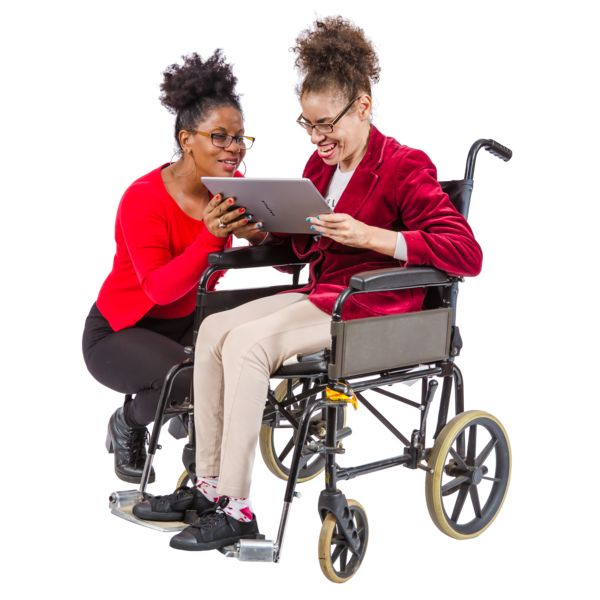 A volunteer is someone who helps out by doing work for free.
: There are loads of ways you can get involved as a volunteer and make a huge difference in the life of someone with a learning disability.
A volunteer is someone who helps out by doing work for free.
: There are loads of ways you can get involved as a volunteer and make a huge difference in the life of someone with a learning disability.
-
Campaign: make a stand with us on issues ensuring people with a learning disability have equal rights
 Rights are the things everyone should be allowed to do like have a say, or go to school.
and do not face
discrimination
Rights are the things everyone should be allowed to do like have a say, or go to school.
and do not face
discrimination
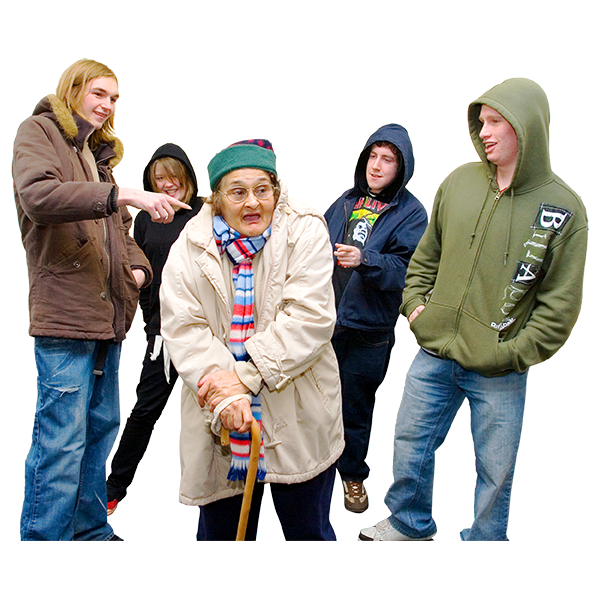 Discrimination is when someone is treated differently (usually in a bad way) because of things like their disability or their
religion
Discrimination is when someone is treated differently (usually in a bad way) because of things like their disability or their
religion
 Religion is to do with the things you believe about the world. For example you may believe there is a god or something else. Examples of religions are Christianity, Hinduism, Islam and Judaism.
.
. Find out more about our campaigns here.
Religion is to do with the things you believe about the world. For example you may believe there is a god or something else. Examples of religions are Christianity, Hinduism, Islam and Judaism.
.
. Find out more about our campaigns here.
-
Donate to charities: Show your support to a learning disability charity- you can donate to us here.
*For further information or to arrange an
interview
 An interview is a meeting where you talk to someone or a group of people about something. When you have an interview for a job, you have to answer questions and say why you would be good at the job. The person who gives the best answers is offered the job.
with a Mencap
spokesperson
An interview is a meeting where you talk to someone or a group of people about something. When you have an interview for a job, you have to answer questions and say why you would be good at the job. The person who gives the best answers is offered the job.
with a Mencap
spokesperson
 A spokesperson is someone who speaks up about something. They usually speak up on behalf of a group or
organisation
A spokesperson is someone who speaks up about something. They usually speak up on behalf of a group or
organisation
 An organisation are a group of people who work together.
.
or
case study
An organisation are a group of people who work together.
.
or
case study
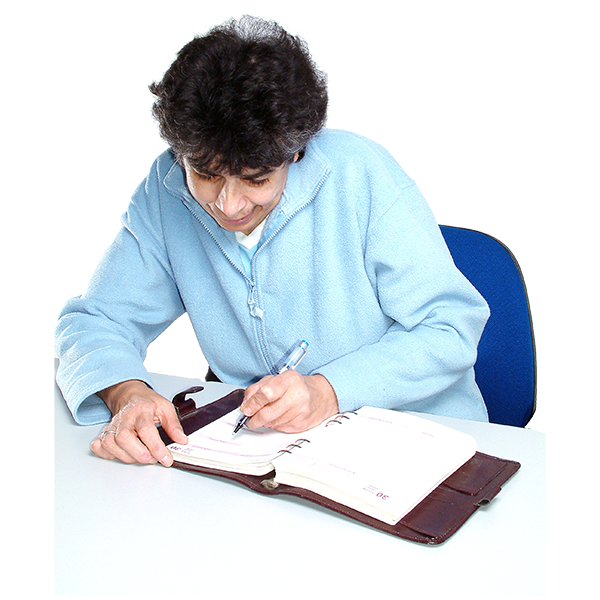 A case study is a piece of writing that tells people more information about someone's experience.
, please contact Mencap’s media team on: media@mencap.org.uk or 02076965414 (including out of hours).
A case study is a piece of writing that tells people more information about someone's experience.
, please contact Mencap’s media team on: media@mencap.org.uk or 02076965414 (including out of hours).
Notes to editors:
About Mencap:
There are approximately 1.5 million people with a learning disability in the UK. Mencap works to support people with a learning disability, their families and carers by fighting to change laws, improve services and access to
education
 Education is when you learn things. When you fill in a form to get a job, education means you write where you went to school, college or university.
,
employment
Education is when you learn things. When you fill in a form to get a job, education means you write where you went to school, college or university.
,
employment
 Employment means having a job.
and
leisure
Employment means having a job.
and
leisure
 Leisure is when you have time to do things you enjoy like playing sports or going to the pub.
facilities. Mencap supports thousands of people with a learning disability to live their lives the way they want: www.mencap.org.uk
Leisure is when you have time to do things you enjoy like playing sports or going to the pub.
facilities. Mencap supports thousands of people with a learning disability to live their lives the way they want: www.mencap.org.uk
For advice and information about learning disability and Mencap services in your area, contact Mencap’s Freephone Learning Disability Helpline on 0808 808 1111 (10am-3pm, Monday-Friday) or email helpline@mencap.org.uk.
What is a learning disability?
-
A learning disability is a reduced intellectual ability which means that people might need support with everyday tasks – for example shopping and cooking, or travelling to new places – which affects someone for their whole life;
-
Learning disability is NOT a mental illness or a learning difficulty, such as dyslexia
 Dyslexia is a learning difficulty. People who have dyslexia can find it hard to read, write and spell.
. Very often the term ‘learning difficulty’ is wrongly used interchangeably with ‘learning disability’;
Dyslexia is a learning difficulty. People who have dyslexia can find it hard to read, write and spell.
. Very often the term ‘learning difficulty’ is wrongly used interchangeably with ‘learning disability’;
-
People with a learning disability can take longer to learn new things and may need support to develop new skills, understand difficult information and engage with other people. The level of support someone needs is different with every individual. For example, someone with a severe learning disability might need much more support with daily tasks than someone with a mild learning disability.